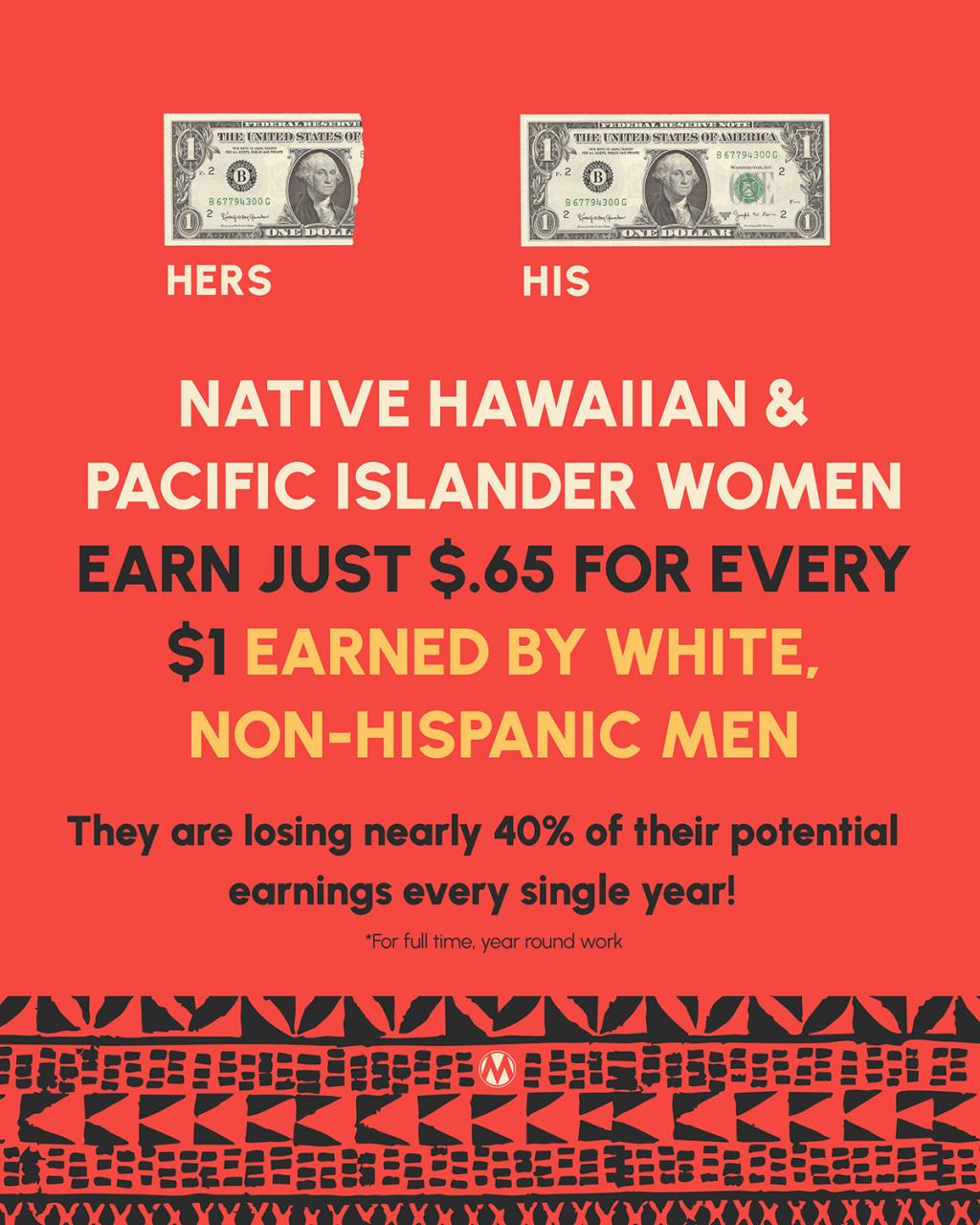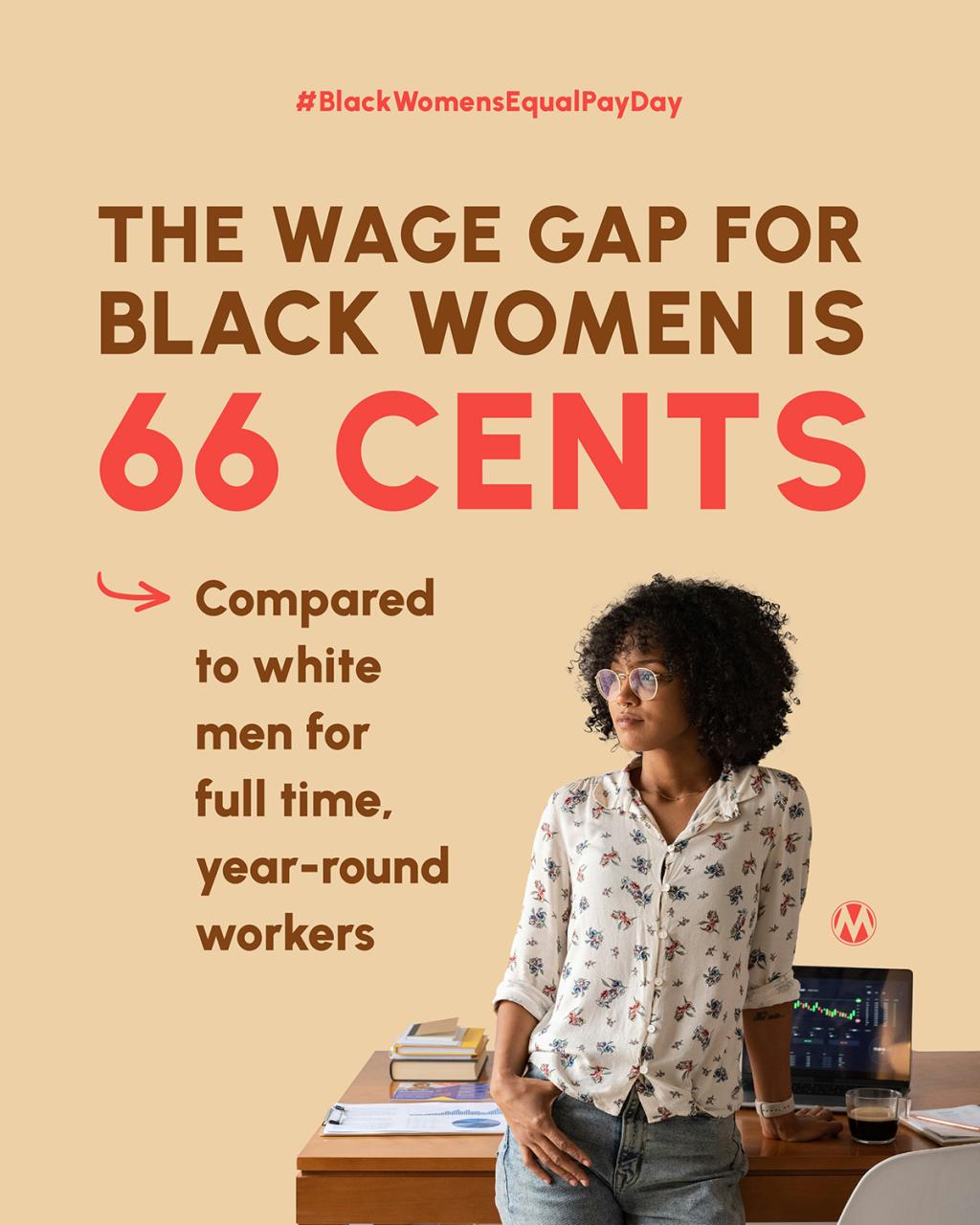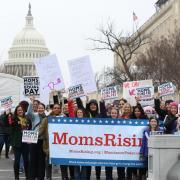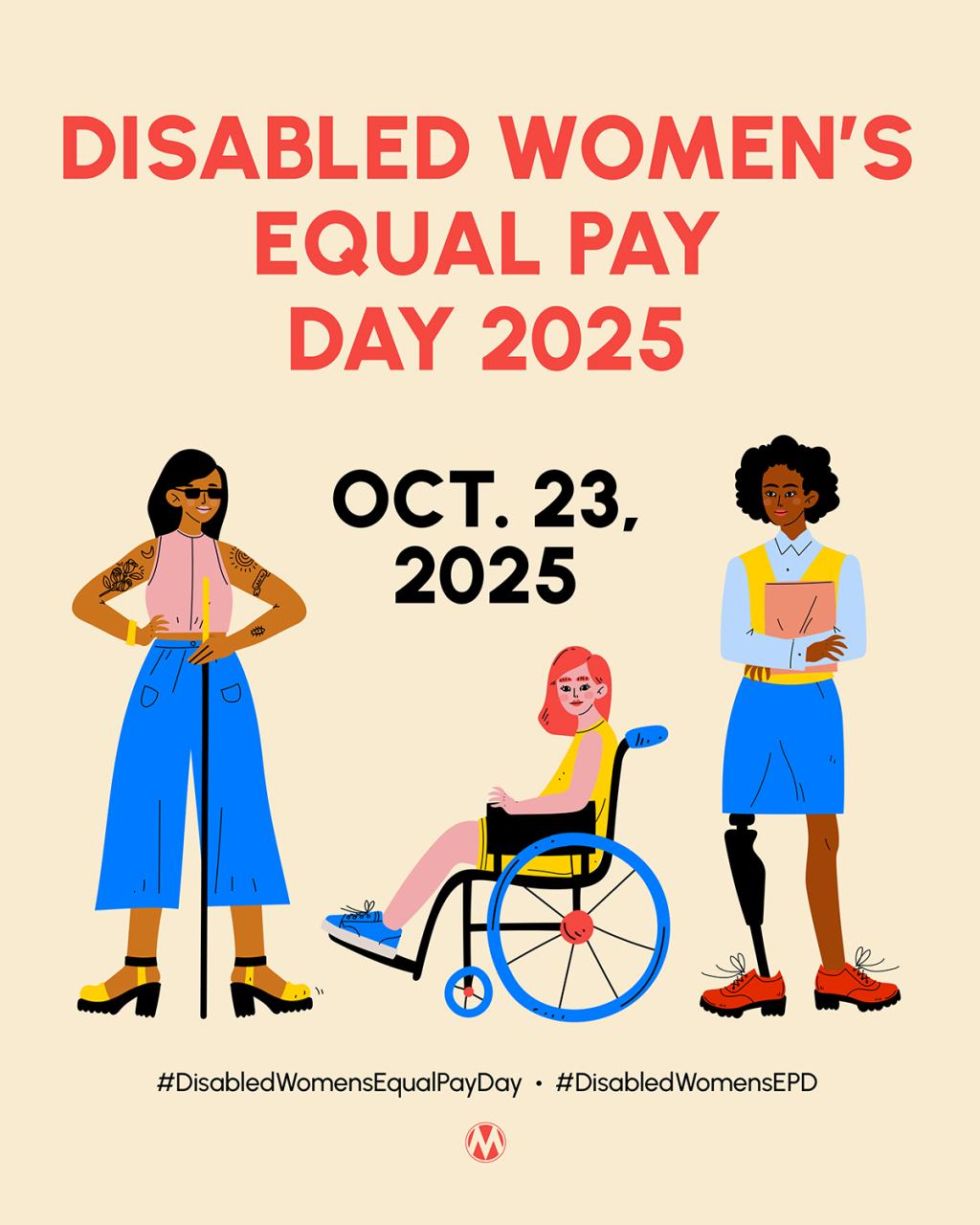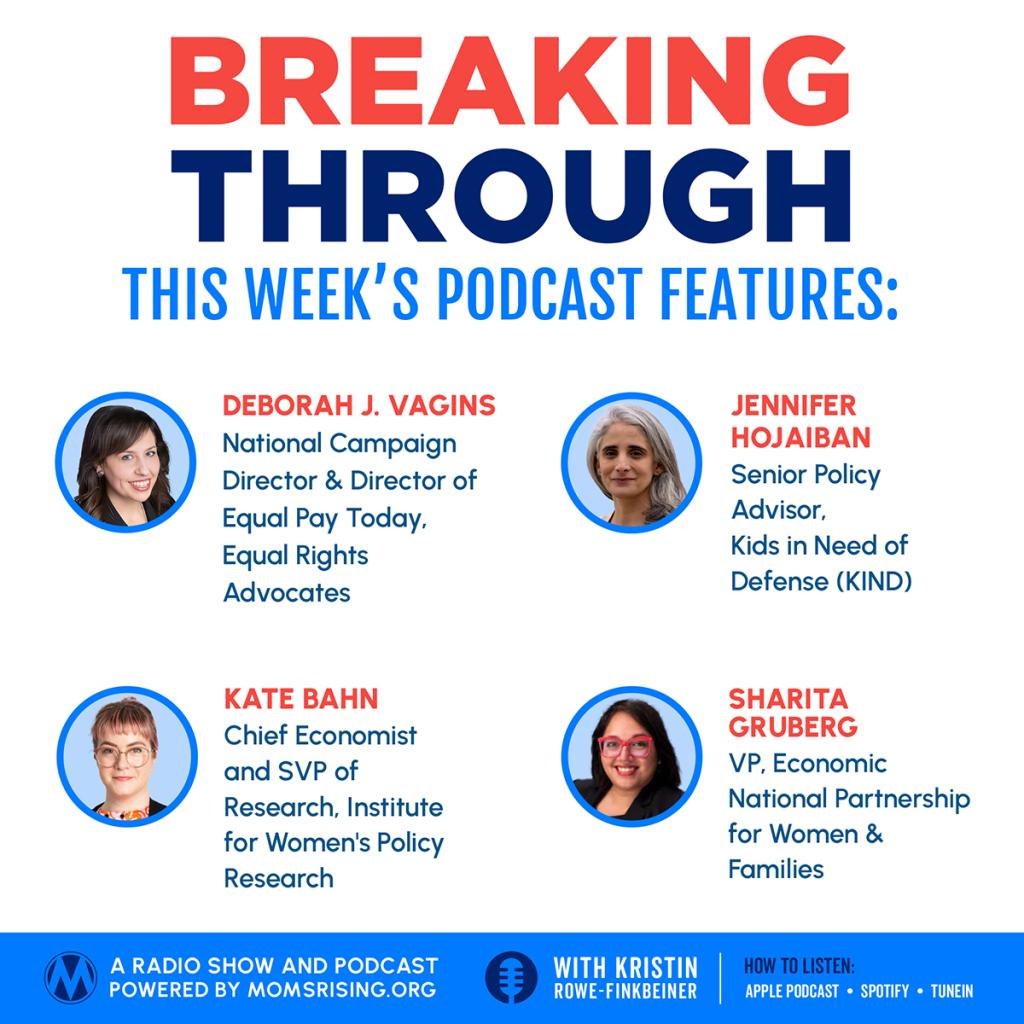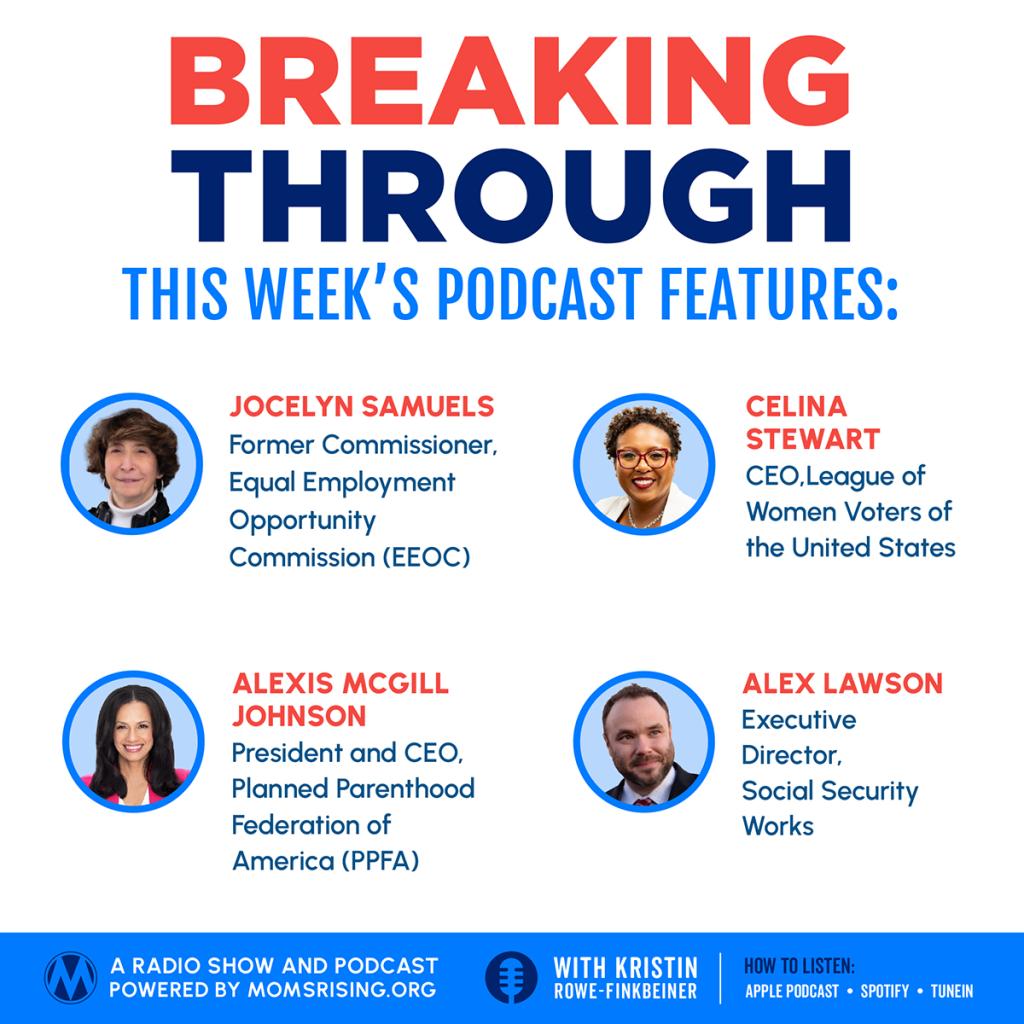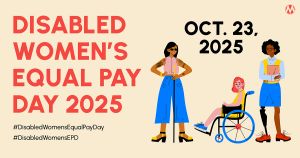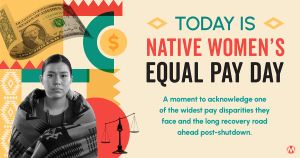Realistic & Fair Wages
Living wages for mothers and equal pay for equal work.
Women are now half of the paid labor force in our nation for the first time ever. The labor of working women is increasingly essential to their family’s economic security, and is now also critical to the overall economic health of the United States. However, the public and private policies that affect parenting and the workplace have remained largely unchanged during this massive societal shift. As a result, families are reeling and parents of all socioeconomic backgrounds are struggling to earn enough and keep their families healthy.
On average, according to the U.S. Census, women now make only 80 cents to a man’s dollar, with moms and women of color experiencing more extreme wage hits. No longer should equally qualified women be paid less for the same job as a man. That’s why it’s absolutely essential that we, as a nation, make family economic security issues like pay equity a priority!
Paycheck Fairness Act
The Paycheck Fairness Act is a much needed update of the 55-year-old Equal Pay Act. It’s a comprehensive bill that would create stronger incentives for employers to follow the law, empower women to negotiate for equal pay, and strengthen federal outreach, education, and enforcement efforts. The bill would also deter wage discrimination by strengthening penalties for equal pay violations and by prohibiting retaliation against workers who ask about employers’ wage practices or disclose their own wages.
It's absolutely essential that we, as a nation, address family economic security issues like pay equity front and center. Women are now half of the paid labor force in our nation. The labor of working women is increasingly essential to their family's economic security, and is now also critical to the overall economic health of the United States. However, the public and private policies that affect parenting and the workplace have remained largely unchanged during this massive societal shift. As a result, families are reeling and parents of all socioeconomic backgrounds are struggling to earn enough and keep their families healthy.
More Fair Pay Resources
Blog posts
Take Action
Today marks Disabled Women’s Equal Pay Day—a day that shines a light on how deeply inequality runs in our economy.
Congress must act immediately to lessen the financial burden of unequal wages that leave Native women and their families struggling to make ends meet.
Equal Pay Day is the day we mark to sound the alarm on the egregious, gender and racially discriminatory wage gap. On average, women are earning just 75 cents to a man’s dollar! We need Congress to swiftly pass the Paycheck Fairness Act.
This LGBTQIA+ Equal Pay Awareness Day, we join forces with organizations and individuals across the country to challenge a system that devalues our labor, discriminates against our identities, and denies us the economic security we deserve. Together, we strive for a future where our contributions, regardless of gender identity, sex characteristics, or sexual orientation, are valued equally.
